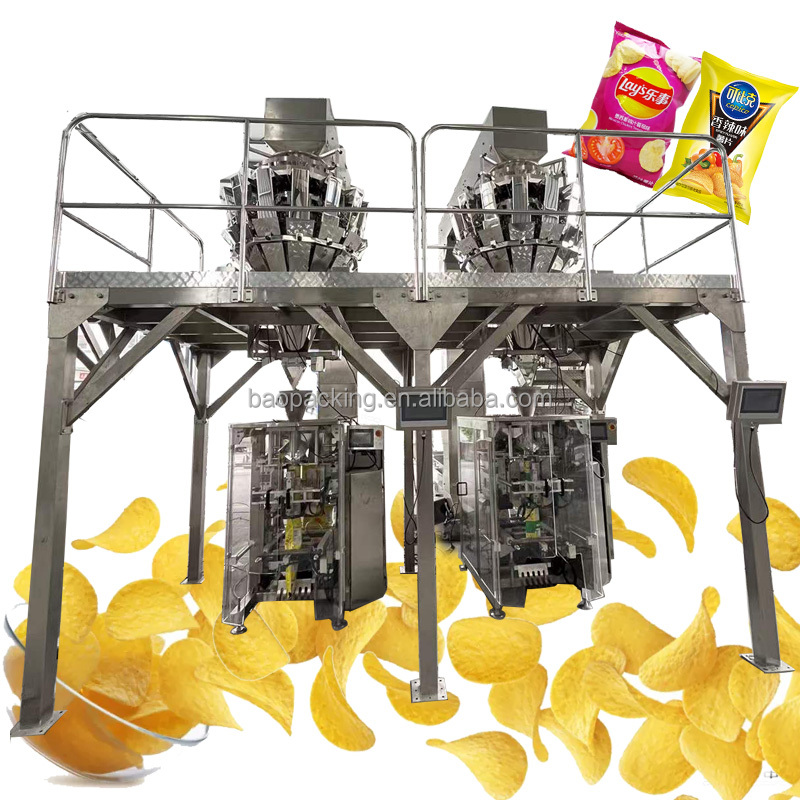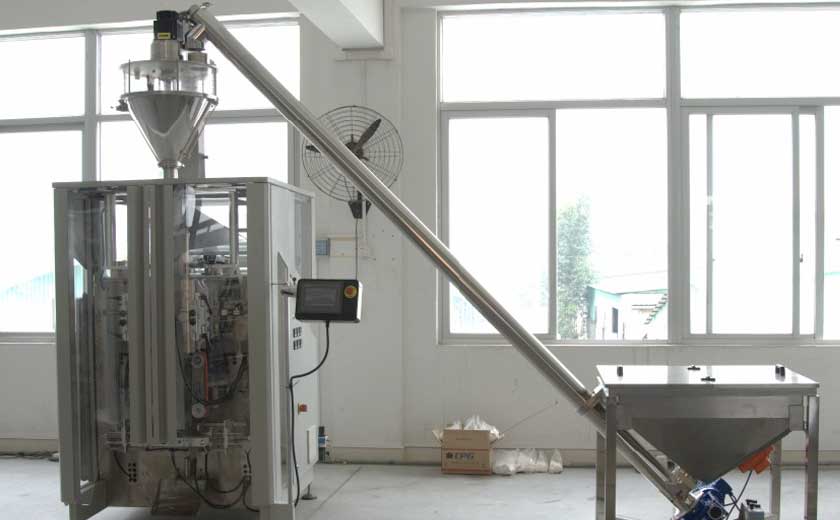The Importance of Calibration in Automatic Multihead Weighers
Automatic multihead weighers are essential equipment in food processing and packaging industries, responsible for accurately dispensing specific quantities of product into packaging. To ensure consistent and precise weighing performance, periodic calibration plays a crucial role. This article explores the significance of calibration in these sophisticated machines.
Maintaining Accuracy
Calibration ensures that the weighers accurately measure and dispense the intended weight. Regular calibration compensates for any wear and tear in the system, preventing drift in weighing accuracy over time. It involves comparing the weigher’s readings with a known reference weight and adjusting its settings accordingly. This ensures that the weigher meets the specified accuracy requirements.
Eliminating Errors
Calibration minimizes weighing errors, which can lead to product inconsistency, customer dissatisfaction, and production inefficiencies. By detecting and correcting errors in the weighing system, calibration eliminates deviations from the target weight, ensuring that the final product meets quality standards.
Maximizing Efficiency
Properly calibrated weighers operate at optimal efficiency, reducing waste and increasing productivity. Accurate weighing prevents underfilling or overfilling of packages, optimizing product utilization and minimizing material loss. By minimizing production errors, calibration contributes to smoother production lines and improved overall efficiency.
Compliance with Regulations
In many industries, including food and pharmaceutical, compliance with regulations is crucial. Accurate weighing is often a critical requirement to ensure the safety, integrity, and quality of products. Regular calibration provides documentation demonstrating the accuracy of the weighers, fulfilling compliance obligations and maintaining industry standards.
Extending Equipment Life
Calibration proactively identifies and corrects potential issues, extending the lifespan of the multihead weighers. By detecting and compensating for wear and tear, calibration reduces strain on the system, prevents premature breakdowns, and minimizes costly repairs.
Cost Savings
Investing in regular calibration yields significant cost savings in the long run. Accurate weighing minimizes product waste, reduces errors, improves productivity, and extends equipment life, ultimately lowering overall operating expenses.
Calibration is an essential aspect of maintaining the accuracy, reliability, and efficiency of automatic multihead weighers. By regularly calibrating these machines, businesses can ensure consistent weighing performance, minimize errors, maximize efficiency, achieve compliance with regulations, extend equipment life, and reduce overall costs. Neglecting calibration can compromise weighing accuracy, leading to significant consequences for product quality, production efficiency, and financial performance.
-
Overview of Packaging Machine Buying Guides
08-01-2024 -
How Does a Vertical Form Fill Seal Machine Work?
30-10-2023 -
Advancements in Auger Powder Filling Technology
27-10-2023 -
A Deep Dive into Automatic Packaging Machines
26-10-2023 -
The Revolutionary Fully Automatic Potato Chips Packaging Machine
20-09-2023 -
How to choose the right packaging machine?
23-08-2023 -
Reducing Waste And Maximizing Yield With Multihead Weigher Machines
15-03-2023 -
Nuts Packaging Machine for Dry Products Perservation
26-11-2022 -
Is Automated Biscuit Packaging Machine Better Than Manual Opeartion?
25-11-2022













